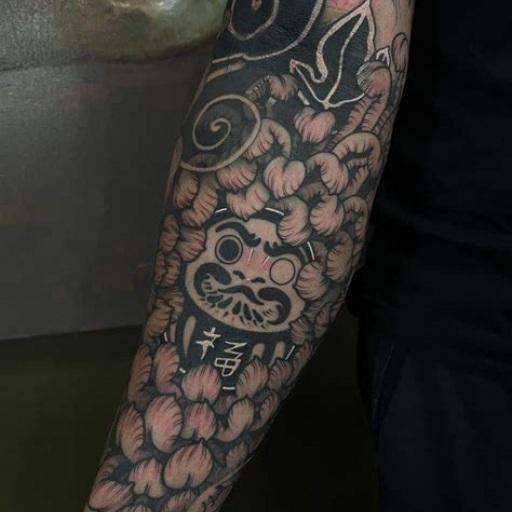White ink tattoos have a unique allure, offering a subtle and ethereal look that can be both elegant and eye-catching. However, these tattoos also come with certain considerations that make it crucial to weigh the pros and cons before making a decision. This article explores the factors to consider when determining if white ink tattoos are a good idea, helping you make an informed choice that aligns with your style and expectations.
Fading and Discoloration
One of the primary concerns with white ink tattoos is their tendency to fade and discolor over time. Unlike traditional black or colored inks, which retain their vibrancy, white ink can become transparent or yellowed due to the body’s natural healing process. This fading is particularly prominent in areas exposed to sun or friction. To maintain the appearance of white ink tattoos, regular touch-ups may be necessary.

The depth at which the tattoo is applied can also play a role in fading. Too shallow an incision may cause the ink to blur or disappear over time, while too deep an incision can lead to scarring or keloids.
Additionally, white ink tattoos are more susceptible to contaminants such as dirt and oil, which can further contribute to discoloration. Careful aftercare and regular cleaning are vital to prevent premature fading and maintain the desired look.
Skin Tone Considerations
Skin tone plays a significant role in the visibility of white ink tattoos. They tend to be more noticeable on light skin tones, where they can create a striking contrast. On darker skin tones, white ink may appear less visible or even blend in with the natural skin color. This is because darker skin contains more melanin, which can absorb some of the ink’s pigment.
If you have darker skin, it’s advisable to consider alternative lighter colors or even colored inks that offer higher visibility. Consulting with an experienced tattoo artist who specializes in working with different skin tones can help you explore the best options.
Conclusion
Are white ink tattoos a good idea? The answer depends on your individual preferences, skin tone, and willingness to invest in ongoing maintenance. If you desire a subtle and ethereal tattoo that may require regular touch-ups, white ink can be a viable choice. However, if your priority is longevity and high visibility, you may want to consider alternative options that suit your skin tone and lifestyle.
Before making a decision, it’s essential to consult with a reputable tattoo artist who can provide personalized advice based on your specific circumstances. They can help you choose the right design, placement, and ink type to achieve the desired outcome and avoid potential disappointments.
FAQ
Is it painful to get a white ink tattoo?
The pain level is generally similar to that of traditional tattoos, but it can vary depending on the individual’s pain tolerance and the area being tattooed.
How do I care for a new white ink tattoo?
Follow the aftercare instructions provided by your tattoo artist. Clean the tattoo gently with soap and water, apply a fragrance-free moisturizer, and avoid sun exposure until it heals.
Why do white ink tattoos fade?
White ink is more prone to fading because it reflects light instead of absorbing it like darker inks. The body’s healing process can also cause it to become transparent or yellowed.
Can I get a white ink tattoo if I have dark skin?
White ink may be less visible on darker skin tones. You may want to consider alternative lighter colors or colored inks that offer higher contrast.
Is it possible to cover up a white ink tattoo?
It can be challenging to cover up white ink tattoos due to their lack of opacity. It may require multiple sessions or darker colors of ink to achieve desired results.



